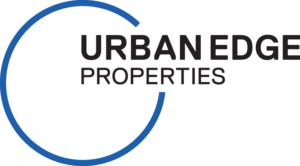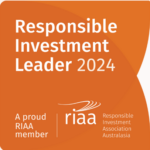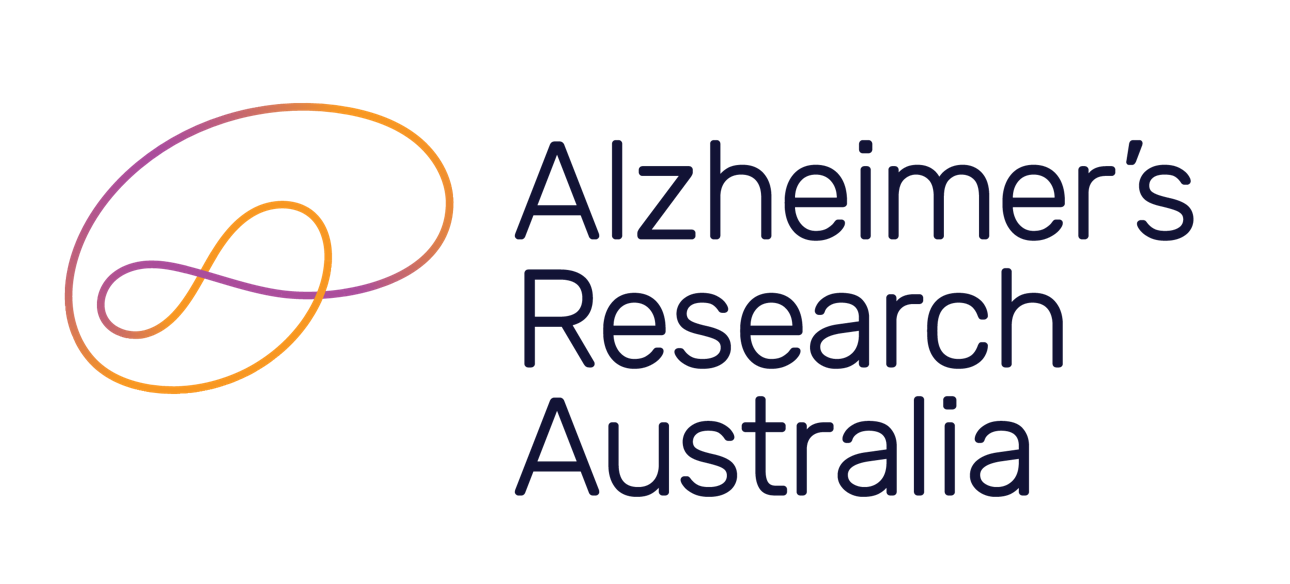Urban Edge, a US Retail REIT, has improved their ESG strategy and disclosure considerably since we first engaged with management and provided constructive feedback as part of our investment initiation process in 2020. Our feedback focussed on concerns regarding Urban Edge’s unclear ESG strategy and poor disclosure with an emphasis on the environmental segment. Management was highly receptive to our feedback and showed a clear intention to improve Urban Edge’s ESG performance.
Since the first engagement we have collaborated with management over several targeted ESG discussions. Notably, in 2021 our conversation centred around the absence of a carbon reduction target that aligned with the Paris Agreement. Management demonstrated they were focussed on setting a target while acknowledging the hurdles they faced were a timing impediment. We engaged again in 2022 to understand the status of their carbon reduction target formation, which was still not publicly disclosed. Management outlined in more detail the stage of completion and explained workarounds adopted to ensure accurate data collation. They also communicated they reported to the GRESB (Global Real Estate Sustainability Benchmark) assessment in 2021 and were waiting for their results to be released.
More broadly, over the course of our discussions, it was clear management had carefully formed a framework to develop, implement and disclose Urban Edge’s ESG strategy. Importantly, they established responsibility and oversight for their ESG strategy, which included designated board and management committees. Among other initiatives they progressed onsite solar installation targets, adopted a systematic approach to collecting Scope 3 tenant emissions, and were increasingly incorporating Green Leasing terms in tenant agreements to enforce provision of energy consumption data.
Urban Edge began reporting to GRESB under the grace period1 in 2021, and in 2022 their results were made public. Its overall score of 67 was below its global peer group average of 75 driven by the environmental segment and partly offset by its strength in the social and governance segments. Overall, we are pleased with the enthusiasm management has demonstrated, their open and collaborative approach to our engagements and their progress towards setting targets.
1The GRESB assessment allows companies to report into the assessment but not publish its first year of results, as it often takes one or two years to come up to speed with the assessment, this is called the grace period.
















